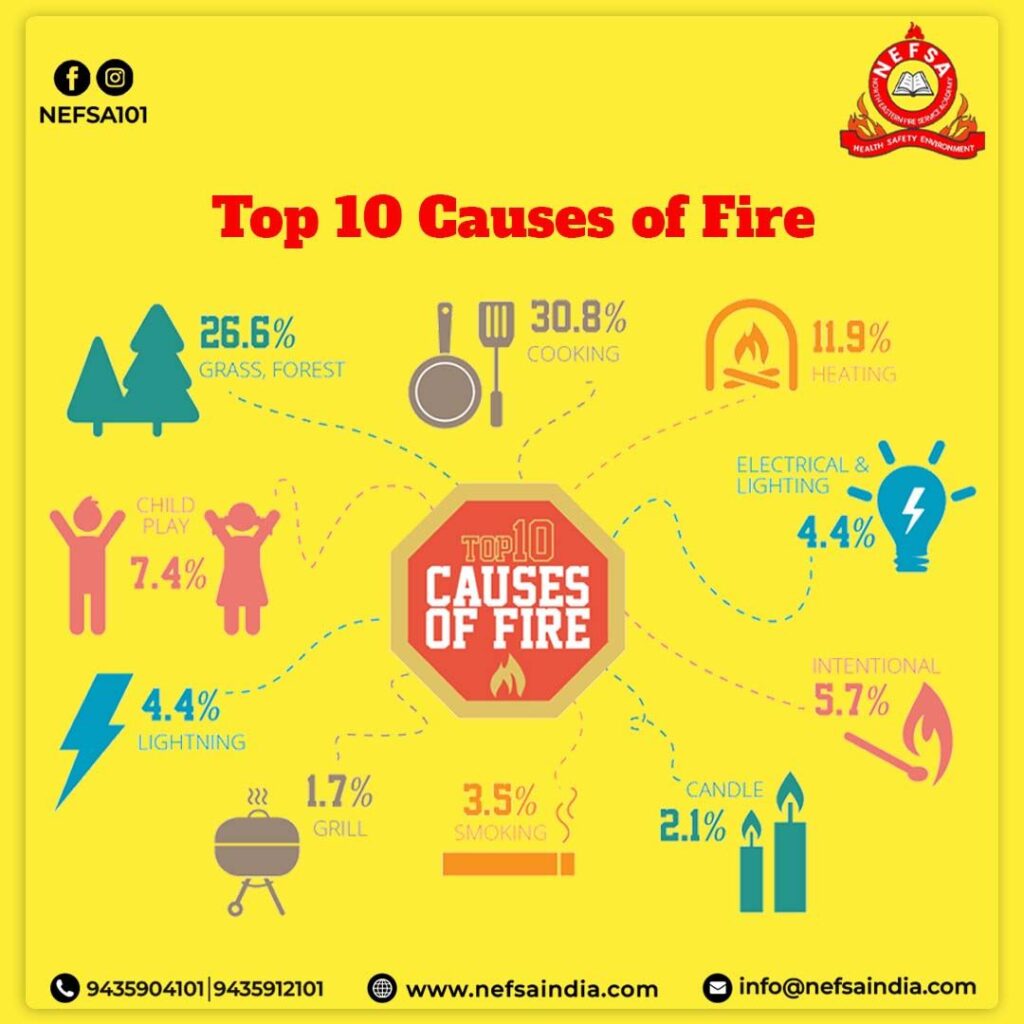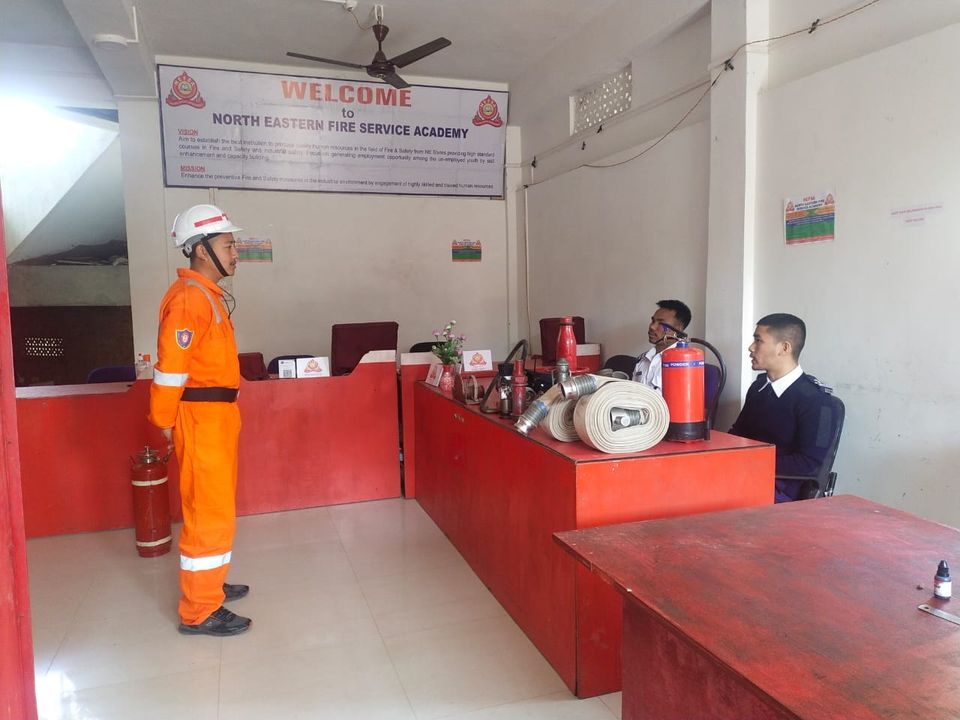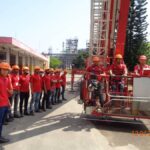Protecting farms and other agricultural settings from catastrophic losses requires a strong focus on fire safety. The
Dibrugarh-based NEFSA (North East Fire and Safety Academy) is aware of the particular fire risks that the agriculture industry
faces. In order to protect the farms and way of life in the area, this blog emphasises the value of fire safety training for
NEFSA students in Dibrugarh, North East, with a particular emphasis on providing them with the skills essential to effectively
prevent, detect, and respond to fires.
-
Understanding Fire Hazards in Agricultural Settings:
Due to the presence of flammable elements such as dry grass, crops, and stored hay, agricultural settings pose a variety of
fire threats. The specialised training programme offered by NEFSA informs students on the distinct fire dangers connected to
agricultural operations, such as equipment failures, electrical risks, chemical storage, and the possibility of wildfires in rural areas.
-
Fire Prevention Measures:
It’s essential to prevent fires in agricultural environments. Students receive thorough instruction from NEFSA on fire protection methods specific to the agricultural industry. The appropriate handling and storage of combustible materials, routine equipment maintenance, electrical safety, and the significance of fire-resistant structures are all topics covered in class. Students help reduce the risk of agricultural fires by putting these precautionary measures into practise.
-
Early Detection and Fire Suppression Systems:
In agricultural contexts, minimising damage from fires requires early detection. Students who participate in the NEFSA training programme learn the value of installing and maintaining fire detection systems, including as smoke alarms and heat sensors, in agricultural buildings and storage facilities. Additionally, students are taught about the many kinds of fire suppression systems and how to use them properly, including sprinkler systems, fire extinguishers, and firefighting tools.
-
Emergency Response and Evacuation Procedures:
A quick and well-planned emergency reaction is essential in the case of a fire. Students receive training from NEFSA that prepares them to deal with fire situations in agricultural settings. They are taught efficient evacuation techniques, communication rules, and emergency contact details. NEFSA students are more equipped to protect lives and limit property damage by practising these reaction techniques.
-
Rural Fire Safety and Wildfire Prevention:
Rural agricultural locations are especially susceptible to flames. The training programme offered by NEFSA includes instruction on wildfire preparedness and prevention. Students receive instruction in the creation of fire-resistant areas, vegetation management, and neighborhood-based fire safety measures. They learn the value of prompt reporting, working with local authorities, and installing firebreaks to safeguard farms from the deadly effects of wildfires.
Conclusion:
In agricultural contexts, fire safety is crucial to safeguarding crops, livelihoods, and the environment. Students in Dibrugarh, North East, receive specialised training from NEFSA that gives them the knowledge and abilities they need for fire prevention, early detection, emergency response, and wildfire preparedness in agricultural contexts. Students from NEFSA contribute significantly to protecting farms, maintaining livelihoods, and fostering resilience in the agricultural sector in Dibrugarh, North East, by placing a high priority on fire safety. To join our academy click www.nefsaindia.com







